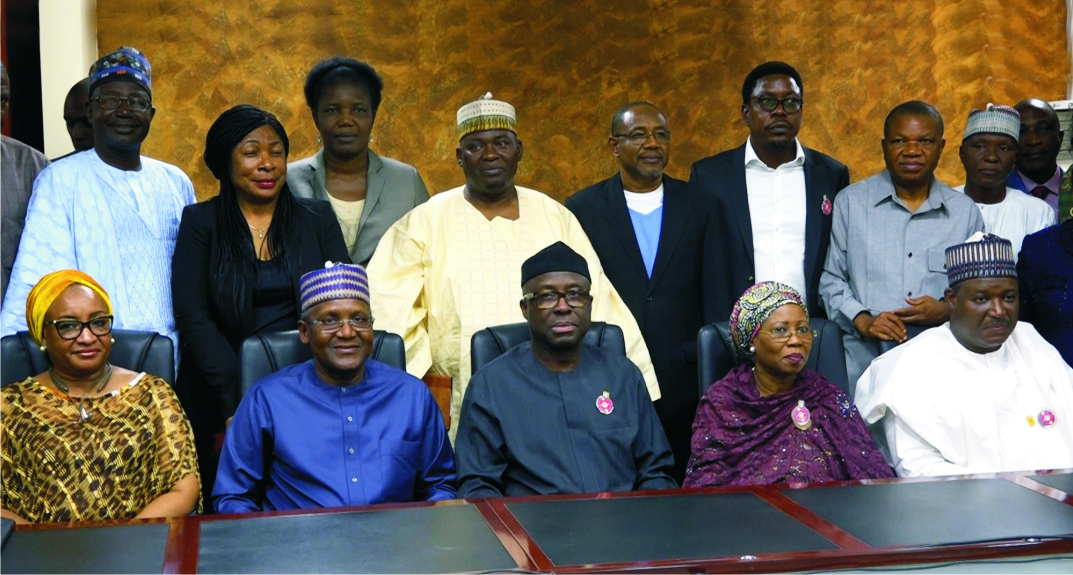Business
Shippers Council Mulls Reduction Of Freight Forwarding Cost

Amidst claims that Nigeria operates the costliest ports in the West African sub-region, the Nigerian Shippers Council (NSC), says it is negotiating with shipping lines to cut down cost of freight forwarding by as much as 30 per cent.
NSC Executive Secretary, Hassan Bello, who disclosed this in Abuja, noted that Nigeria imports a lot of goods, and whatever levies are imposed on imported goods are transferred to the consumers, resulting in higher inflation rate.
Bello argued that if costs are not streamlined as soon as possible, shippers would be forced to go to other neighbouring countries that are less costly, which means Nigeria would be losing trade to other countries.
“We are talking with the terminal operators, who will talk to the carriers, government, freight forwarders, chambers of commerce, manufacturers association and other stakeholders to discuss this,” he stated.
Absolving the shipping lines of exorbitant port charges, he noted that government also has the responsibility of providing basic infrastructure at the ports such as good road network, adequate security, among others, to reduce the charges.
Bello gave instances that shipping companies collect security charges because they employ additional security for their ships despite that the Nigerian Navy, and Nigerian Maritime Security Agency (NIMASA), are doing a lot to provide security at the ports.
To this end, he said the council has been negotiating with shipping companies and hopefully, by the end of the negotiations, about 30 per cent of the shipping cost would have been reduced.
He added that African countries recently came together to see how they can negotiate the freight charges to a reasonable, justified and verified level.
Bello pointed out that the shipping companies are also interested in predictability and stability, Notwithstanding the ongoing negotiations, as none of them is levelling charges arbitrarily but due to circumstances coupled with the inefficiency in nation’s transport system.
He added that traffic situation in Apapa could trigger charges, adding that the government is becoming more responsible, as there is a sense of order at the ports and cases of strangulation are disappearing.
Business
Customs Seek Support To Curb Smuggling In Ogun

Business
IFAD: Nigeria Leads Global Push For Youth, Women Investment In Agriculture
Business
Expert Tasks FG On Food Imports To Protect Farmers

-

 Sports4 days ago
Sports4 days agoArsenal Women End Man City’s Invincibility
-

 Sports4 days ago
Sports4 days agoU-20 WWC: Falconets claim qualifier win
-

 Sports4 days ago
Sports4 days agoInsurance Deepen Enyimba’s Trouble
-

 Sports4 days ago
Sports4 days agoYouth Olympics preparation Gears up
-

 Sports4 days ago
Sports4 days agoCologne Youth Team Set Crowd Record
-

 Sports5 days ago
Sports5 days agoTornadoes Set For NPFL exit over Stadium Ban
-

 Sports4 days ago
Sports4 days agoBarca Pull Out Of Super League Project
-

 Sports4 days ago
Sports4 days agoPalmer Stars As Chelsea Compound Wolves Woes

